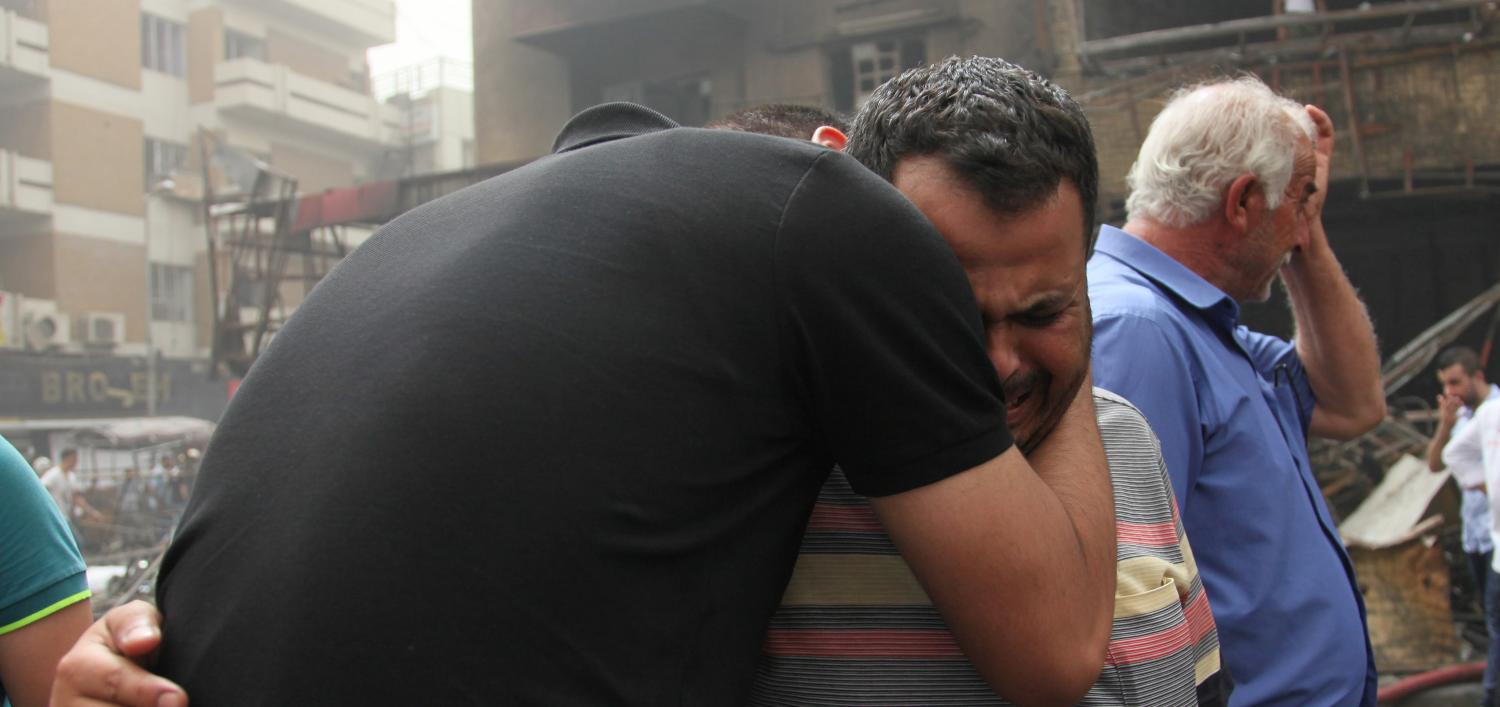On 21 May ISIS spokesman Abu Muhammad al-Adnani called on the group's supporters to conduct attacks during the Muslim holy month of Ramadan. The message has been an effective one, as demonstrated by a number of attacks perpetrated and claimed by ISIS, including the latest in Baghdad. Each is horrifying in its own right, but collectively they are noteworthy because they demonstrate the multi-faceted way in which contemporary terrorist attacks can be conceived and launched.
Our traditional views of terrorist attacks, informed by the IRA bombing campaigns and perhaps Palestinian nationalist groups, was quite linear. A central body planned and resourced the attack, perhaps deployed the attackers and planned for their return to home base after the attack had been completed. Such attacks could be successful but they could also be disrupted if one of the links in the planning chain was broken.
ISIS has demonstrated that in the contemporary world of Islamist terrorism, threats are no longer linear. In June alone we saw individuals or groups tied to ISIS conduct attacks on three continents using a variety of methods, with differing levels of support from the ISIS leadership. In July we have already seen attacks in Dhaka and Baghdad.
In France, a 'lone wolf' attacker killed a French police officer and his wife in front of their young child, and filmed the attack himself. Although not yet confirmed, the Orlando shooter had a history of watching Islamist videos and professed his allegiance to ISIS while shooting 49 patrons of a gay nightclub. In Yemen, four suicide bombers killed 43 soldiers and civilians in Mukalla, while in the Christian-majority village of Qa'a on the Lebanese-Syrian border a total of eight suicide bombers exploded their devices, likely feeling they were compromised on the way to another target deeper inside Lebanon. In Istanbul three attackers killed more than 40 Turkish and international citizens in a gun and bomb attack on the airport. In Dhaka it was small arms and machetes killing foreigners and Bangladeshis, and in Baghdad it was a truck bomb that killed more than 100 people. [fold]
In the case of the French and US attacks, ISIS likely had no more of a role than to inspire the attackers through social media messaging. In the case of the bombings in Qa'a and Baghdad, the numbers and logistics involved indicate that the bombers were likely to have been centrally directed by ISIS operational planners, while in Yemen and perhaps Bangladesh the distance from Syria appears to indicate that the attackers may have received broad direction without specific support. In the case of Istanbul it may have been either of these last two options, or both.
This shows the durability of the threat ISIS will pose after it loses territory, because its model envisages three levels of support for terrorist attacks. It can provide the planning, logistics and other operational support for the attack (as in Qa'a), it can provide broad operational direction such as timing and/or broad target selection but leave the details to one of its affiliates (as was the case in Yemen), or it can simply provide inspiration through social media, as was the case in France and possibly Orlando. Of these, only the first type requires a safe base from which to operate.
When terrorists are willing to die in the conduct of their attack, the planning required for the action becomes much more straightforward — a one-way mission is always easier to plan than one in which the attackers are supposed to live to fight another day. It is easier still when the central planning authority needs simply to give guidance and to sub-contract out the operation, or when its role is simply to inspire an attacker through appeal to a certain religious identity.
Unfortunately ISIS has led the way in developing this 'new wave' of terrorism planning and execution. Such is its flexibility that it can still be partially effective even when it has lost its hold on Raqqa and Mosul. The lesson after this wave of Ramadan attacks is that we shouldn't conflate the end of the physical 'caliphate' with the end of radical Islamist terrorist attacks.
